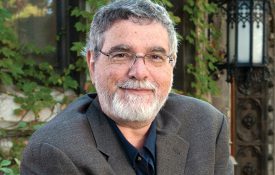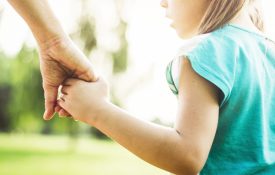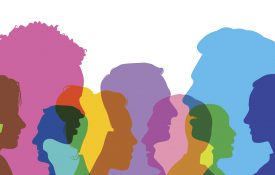-

Robust Science Depends on Understanding the Science of Humans
APS Fellow Howard C. Nusbaum serves in a leadership position at the National Science Foundation. From this vantage point, he devotes a guest column to discussing how even the most robust science is still vulnerable to human error.
Visit Page -

Children Can ‘Catch’ Social Bias Through Nonverbal Signals Expressed by Adults
Preschool-aged children can learn bias even through nonverbal signals displayed by adults, such as a condescending tone of voice or a disapproving look. Visit Page
-

Image of ‘Typical’ Welfare Recipient Linked With Racial Stereotypes
People tend to imagine the ‘typical’ welfare recipient as someone who is African American and who is lazier and less competent than someone who doesn’t receive welfare benefits, studies show. Visit Page
-
Can Training Help People Un-learn a Lifetime of Racial Bias?
Nautilus: In the 1990s, the block I lived on in New York City was chaotic and seedy. From my window, I’d witnessed many drug deals, one stabbing, and the aftermath of one shooting. The mayhem Visit Page
-
Studying Perception of Animate Versus Inanimate Objects With LEGO Blocks
Animate objects, such as animals and humans, hold a special sway over humans’ attention. For example, when presented with two scenes (one containing an animal and one not), people will preferentially orient to the one Visit Page
-
Whether Eyewitness Memory or DNA, Contaminated Forensic Evidence Is Unreliable
Decades of psychological research have revealed the weaknesses of eyewitness testimony, but APS Fellow John T. Wixted points to a real-life murder conviction to illustrate how DNA evidence can be just as fallible. Visit Page

